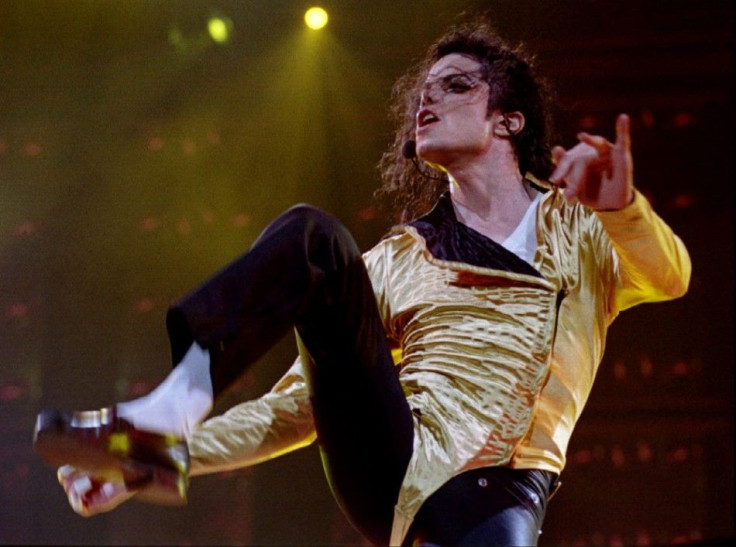Michael Jackson Death Trial: 6 Ways His Life Could Have Been Saved

If extreme deviations had been taken in the treatment of Michael Jackson, the 50-year-old king of pop might still be alive, a cardiologist told the court Wednesday, The Daily Mail reported.
Dr. Alon Steinberg, a cardiologist, testified in Los Angeles Superior Court, listing at least six mistakes in Conrad Murrary's treatment of Jackson, which, he says, had a direct impact on Jackson's death.
When you monitor a patient, you never leave their side, especially after giving them propofol. It's like leaving a baby that's sleeping on your kitchen counter top, Steinberg said. You would never do it because there is a chance the baby would way up and fall off or grab a knife or something. You just don't do it.
Jackson, who was preparing for the 50-night comeback tour This Is It at the time of his death, died of a propofol overdose on June 25, 2009. Murray is accused of involuntary manslaughter. If convicted, Murray, 58, could face four years in prison and lose his medical license. He has pleaded not guilty to involuntary manslaughter by administering Jackson a lethal dose of propofol to help him sleep.
Prompted by prosecutors, Steinberg described Murray's bizarre behavior in trying to revive Jackson after he stopped breathing, and catalogued Murray's errors as six things that could have saved the life of the pop star.
1. Murray should not have used Propofol, a powerful hospital anaesthetic, to treat Jackson's chronic insomnia.
2. Murray should not have give Jackson Propofol in a home without proper equipment, medical personnel or back-up.
3. Murray did not make sufficient preparations in case of an emergency.
4. Murray botched Jackson's care after he stopped breathing, inexcusably giving CPR with one hand on a bed. Steinberg said Murray should have tried to get air into Jackson's lungs after the he stopped breathing, rather than trying to jumpstart his heart, which was still beating. Murray should have also used two hands for CPR on a hard surface.
5. Murray took too long to call 911 after Jackson stopped breathing, especially since it took paramedics only four minutes to reach the scene.
6. Murray failed to keep any medical records on Jackson to help treat him in an emergency.
All these extreme deviations, giving Propofol in the wrong setting without proper equipment or personnel, not making proper preparations, not calling 911 in a timely manner, not keeping records, all directly impacted on Mr. Jackson's life, the cardiologist. If these deviations didn't happen, Mr. Jackson could have been alive.
© Copyright IBTimes 2024. All rights reserved.





















